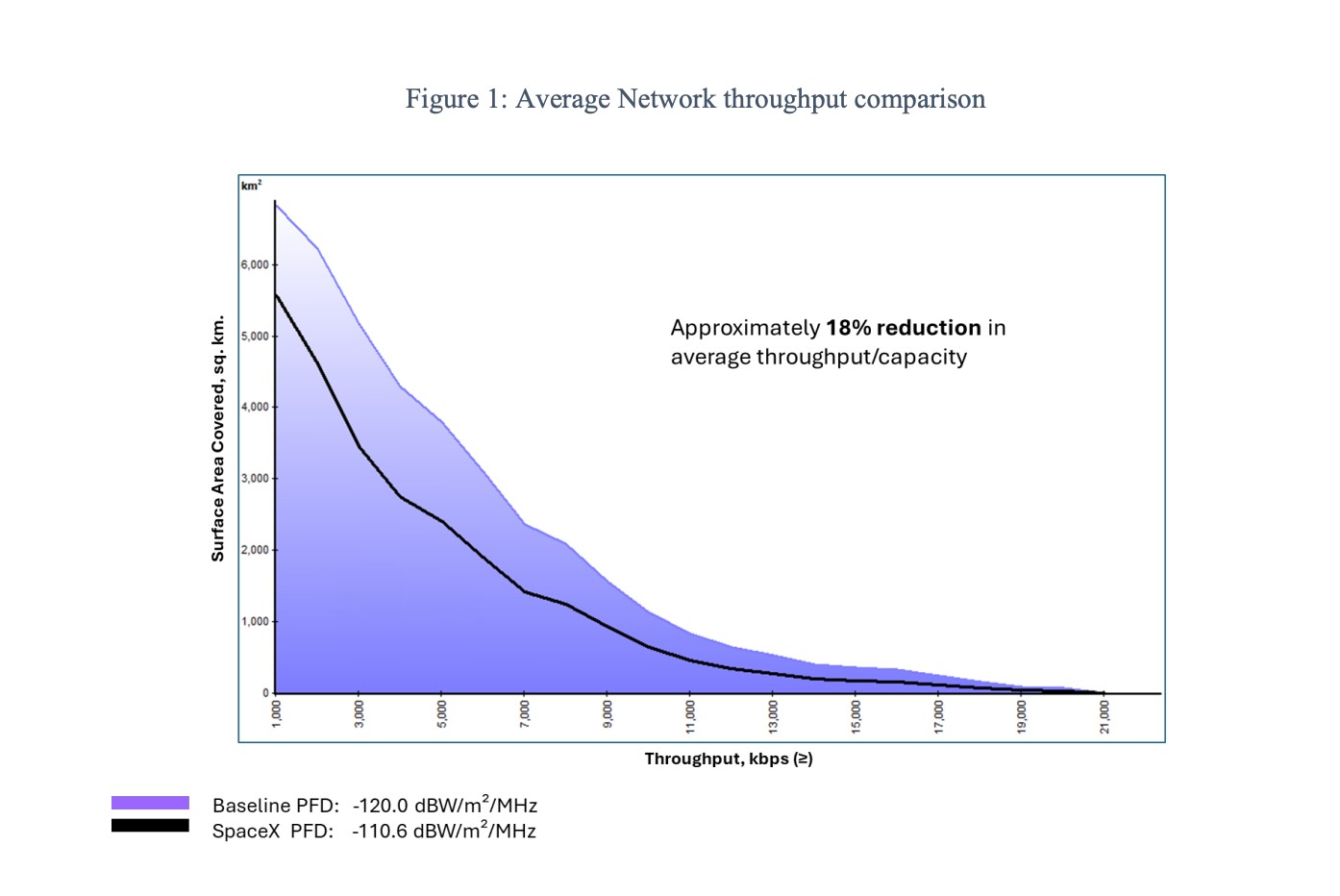SpaceX’s Mobile Starlink service plans to supply widespread and efficient protection to customers, however AT&T and Verizon are urging the Federal Communications Fee (FCC) to reject the corporate’s plan.
AT&T and Verizon each despatched letters to the FCC earlier this month stating that the SpaceX Starlink system would trigger community interference, making their product choices much less efficient to their clients.
“Particularly, AT&T’s technical analysts exhibits that SpaceX’s proposal would trigger an 18% common discount in community downlink throughput,” AT&T mentioned in a doc to the FCC.
SpaceX units sights on Starlink direct-to-cellular service launch in Fall 2024
PCMag first reported on the doc.
In June, SpaceX pushed to obtain a waiver from the FCC that will permit Starlink Mobile to function past regular radio frequency parameters. The corporate mentioned it might forestall interference with different networks regardless of a rise in radio emissions:
“Furthermore, waiving the rule would keep away from putting synthetic caps on the variety of satellites that an operator could use to offer supplemental protection, which in flip would restrict the variety of finish customers that the community may benefit.”
SpaceX backed up its claims by performing its personal research in February that appeared to show interference was a non-issue. Nevertheless, AT&T and Verizon did their very own research that present a unique final result:

Credit score: AT&T by way of FCC
Verizon additionally mentioned that:
“SpaceX’s proposal would undermind the Fee’s core aim of defending incumbent terrestrial licensee operations from SCS satellite tv for pc operations in adjoining bands by subjecting them to dangerous interference.”
These firms are simply a few the various which have filed complaints with the FCC relating to interference considerations. SpaceX isn’t taking the complaints mendacity down, although. It believes the businesses are doing no matter they will to stall SpaceX’s approval.
Final week, it mentioned:
“Certainly, every time that SpaceX has demonstrated that it might not trigger dangerous interference to different operators—usually based mostly on these events’ personal claimed assumptions—these rivals have moved the goalposts or have claimed their evaluation shouldn’t have been trusted within the first place. These operators’ shapeshifting arguments and calls for ought to be seen for what they’re: last-minute makes an attempt to dam a extra superior supplemental protection partnership and siphon delicate data to assist their very own competing efforts.”
I’d love to listen to from you! You probably have any feedback, considerations, or questions, please e-mail me at [email protected]. It’s also possible to attain me on Twitter @KlenderJoey, or in case you have information ideas, you’ll be able to e-mail us at [email protected].



